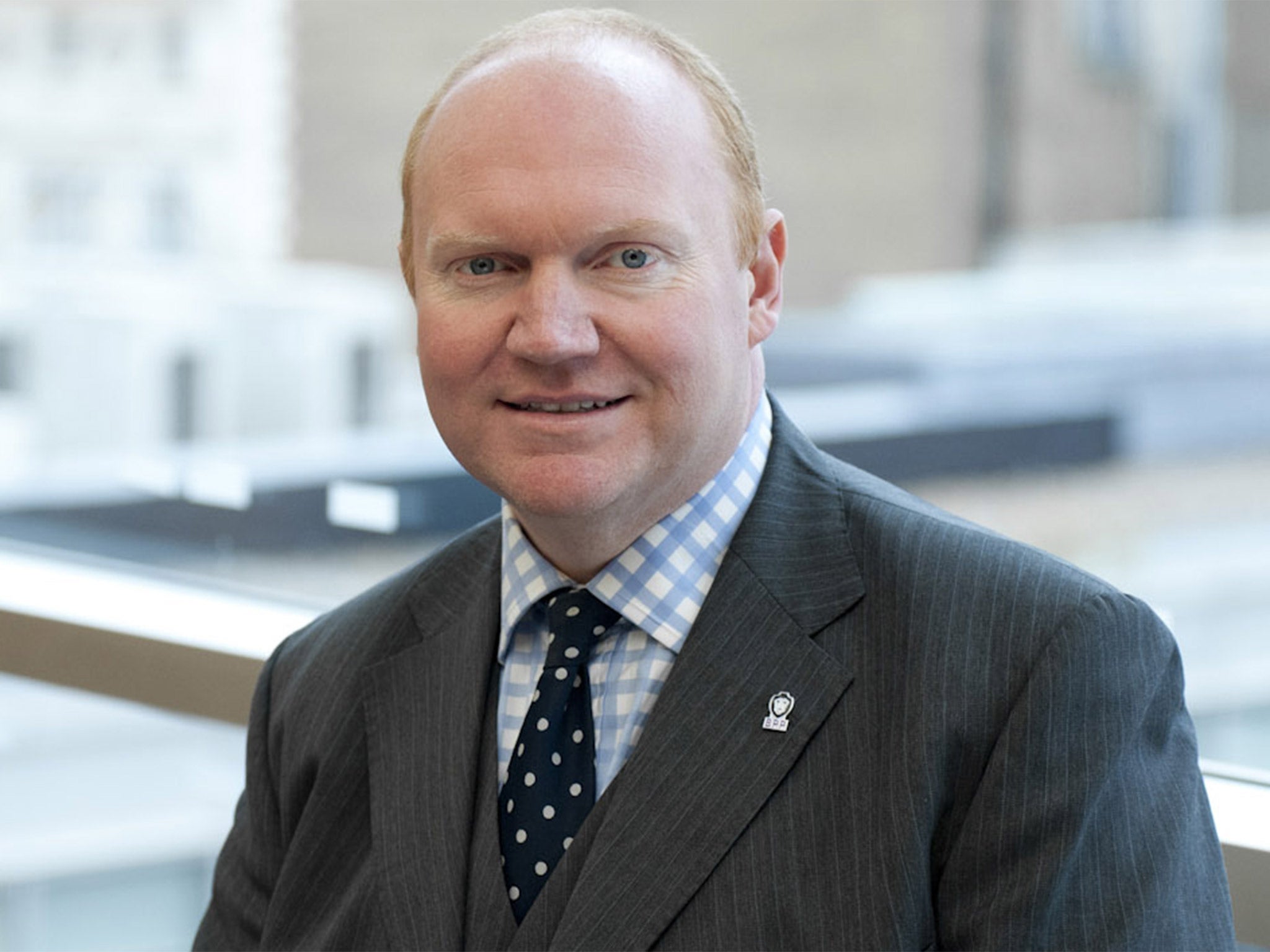Student tuition fees ‘going towards vice-chancellors’ pay’
"I just don’t think students are getting value for money"

Vice-chancellors are today accused of using income from student fees to boost their pay and pension funds – rather than improving standards.
The claim comes from Carl Lygo, vice-chancellor of the private BPP university, in a booklet, What Do I Get?, published by the Higher Education Policy Institute think-tank.
Professor Lygo, whose university specialises in business, says that – despite universities being able to charge up to £9,000 per year in tuition fees – “students are unhappy and universities want even more money”.
“I am left asking: ‘Where has all this extra money gone?’,” he adds. “I fear the answer may be that it has gone to boost pension funds, research and vice-chancellors’ pay – anything but enhance the undergraduate student experience and the direct costs of undergraduate provision.”
His comments come after the findings of a report by Parliament’s spending watchdog, the Public Accounts Committee, were published. The report takes the Treasury to task for being slow in identifying and addressing “seemingly excessive pay awards” in the education sector.
University vice-chancellors and “superheads” have been given large pay increases with little oversight, MPs said in its annual examination of the Government’s accounts.
Some vice-chancellors earn more than £400,000 per year. Vince Cable, the Business Secretary, has expressed concern over the “substantial upward drift” of the salaries of some of the top management in universities.
In a letter to the Higher Education Funding Council, the spending watchdog, he said: “We want to see leaders in the sector exercise much greater restraint as part of continuing to hold down increases in pay generally.”
Professor Lygo said that most universities are investing in infrastructure. Yet “only 11 per cent of students saw this as a priority”.
“One student told me that her course involves only six hours of classroom teaching per week,” he added.
“She told me ‘I just don’t think students are getting value for money’.”
However, Dr Wendy Piatt, director general of the Russell Group, has argued that UK vice-chancellors earn “significantly less” than their counterparts in the United States or Australia.
She said: “The salaries of vice-chancellors and other senior staff at our universities reflect their roles leading extremely complex, international organisations with annual turnovers of more than half a billion on average.”
Subscribe to Independent Premium to bookmark this article
Want to bookmark your favourite articles and stories to read or reference later? Start your Independent Premium subscription today.

Join our commenting forum
Join thought-provoking conversations, follow other Independent readers and see their replies